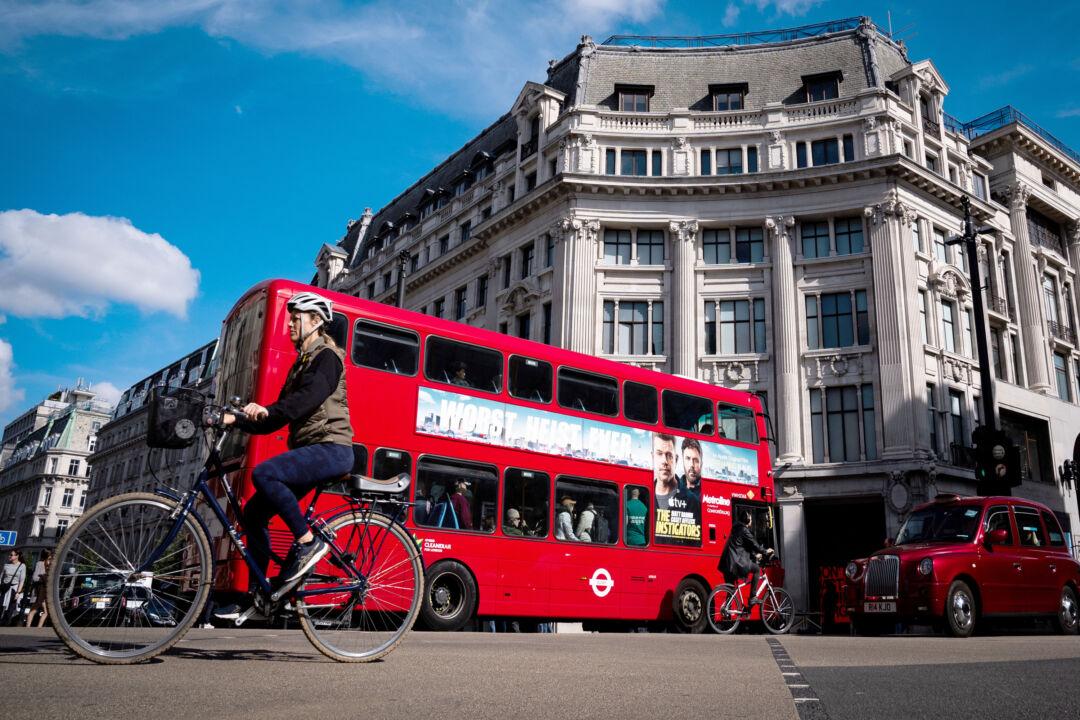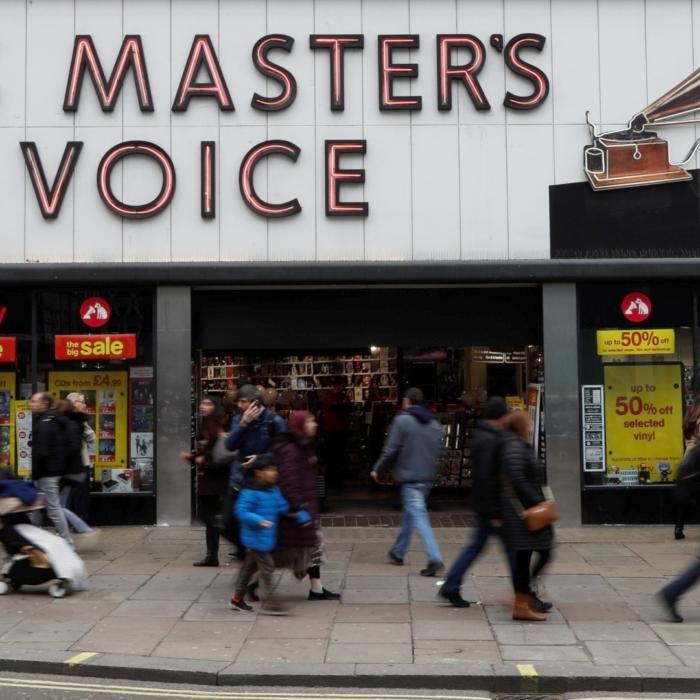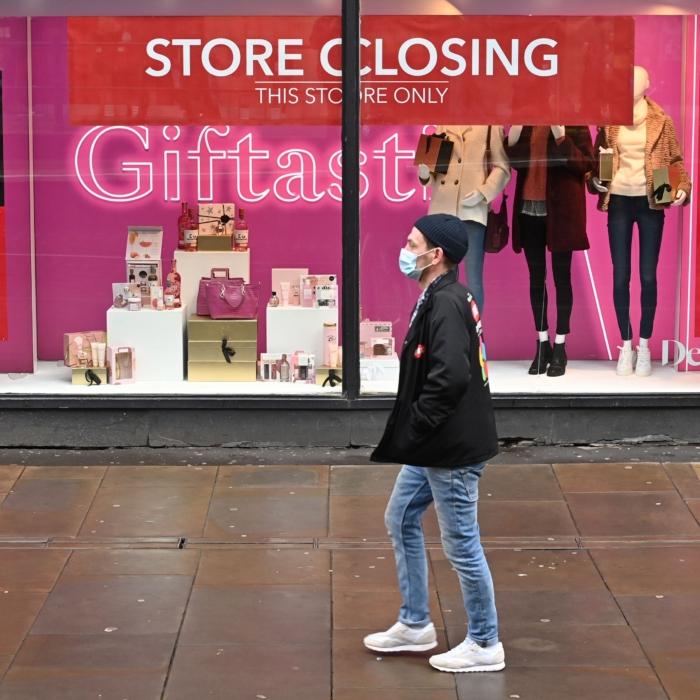The mayor of London has announced plans to pedestrianise London’s Oxford Street in order to re-establish it as “world’s leading retail destination.”
More than half a million people visit Oxford Street every day, making it a key commercial centre that generates approximately 5 percent of London’s economic output.
The project would see the 0.7-mile stretch between Oxford Circus and Marble Arch transformed into a pedestrian-only space.
London’s mayor Sadiq Khan believes these changes will generate economic growth and increase tax revenue, much needed by the Treasury as it faces the “£22 billion black hole” in public finances.
The scheme will boost London’s night-time economy and place it on the same level as such international destinations as Times Square in New York, the Avenue des Champs-Elysees in Paris and Las Ramblas in Barcelona, the mayor’s office said.
“I want Oxford Street to once again become the leading retail destination in the world,” Khan said.
Supported by the government, the mayor will work with the London Assembly to establish a Mayoral Development Corporation (MDC). It will have planning powers to deliver the scheme and is subject to statutory consultation by the 25-member London Assembly.
Local businesses and at least one elected representative of each London local authority that falls within the boundaries of the new area will sit on the MDC board.
Transformation
This is not Khan’s first attempt to ban traffic on Oxford Street. In 2018, his proposals have been blocked by then-Conservative run Westminster City Council.Stuart Love, the council’s chief executive, said that for the past two years, the local authority has been developing plans to redesign Oxford Street.
“These plans are shovel ready, have had the support of retailers and the local community and were intended to deliver significant economic growth whilst also securing a successful future for our thriving neighbourhoods in the West End,” Love said.
He added that the council will need to receive details on Khan’s plan and the timeframe for its delivery.
“We will want to know how they will benefit from any proposals, particularly given the practical challenges pedestrianisation may have for the wider area. As a custodian of the West End, our role will be to ensure that local voices are heard loud and clear,” Love said.
Oxford Street is home to numerous flagship stores, including Selfridges and John Lewis.
The London Chamber of Commerce and Industry (LCCI) said it supports the council’ efforts to reverse this trend.
Oxford Street’s transformation is expected to cost around £150 million.
According to the City Hall, a combination of local businesses, new revenue streams and private funders could foot the bill.







